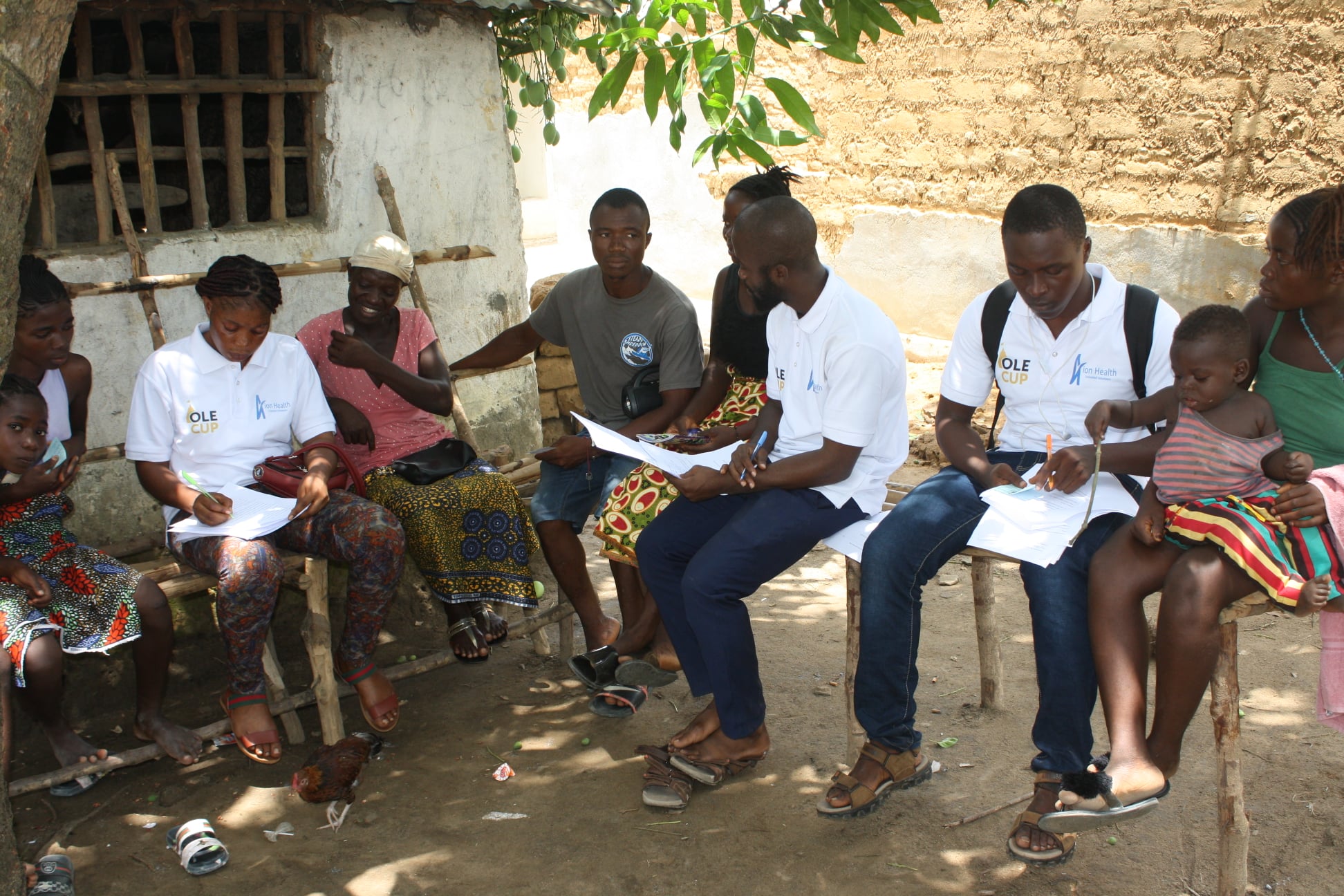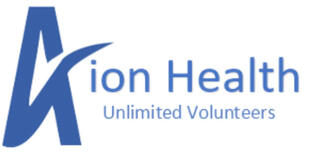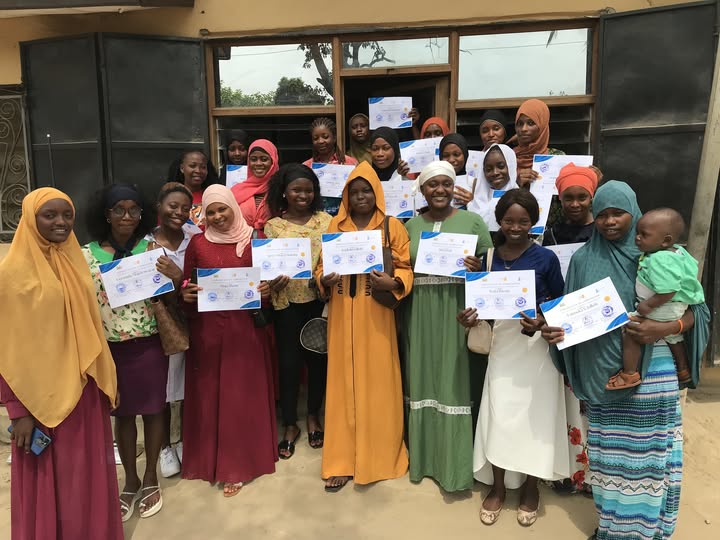RESEARCH
RESEARCH
Introduction
Research is the backbone of effective healthcare. In Sierra Leone, where health challenges are complex and multifaceted, robust research programs are essential to understand the root causes of disease, evaluate interventions, and drive systemic change. At Aion Health SL, our commitment to research underpins every project, ensuring that our efforts are guided by data, adapted to local realities, and capable of generating sustainable health improvements.
The Need for Research
Despite progress, Sierra Leone’s health system suffers from a critical lack of reliable data. Without accurate information on disease prevalence, health behaviors, and service delivery outcomes, policies and programs often miss their mark.Moreover, rural and marginalized communities remain largely underrepresented in national health statistics.
Challenges include:
- Fragmented and outdated health data system
- Limited research capacity at community level
- Poor integration of monitoring and evaluation in health programs
- Lack of local ownership of data collection and use
To truly transform health outcomes, evidence must drive action—and that’s why research is central to Aion Health SL’s approach.
Our Approach to Research
At Aion Health SL, we employ a holistic, participatory research strategy grounded in the following principle
- Community-centered: Engaging local stakeholders, health workers, and volunteers to ensure research relevance and trust.
- Technology-enabled: Leveraging digital tools like mobile data apps and dashboards for real-time monitoring and analysis
- Capacity building: Training community members in research methods to foster local expertise and sustainability.
- Collaborative: Partnering with academic institutions, government, and NGOs to share knowledge and resources.
- Action-oriented: Prioritizing research that informs practical interventions and policy decisions.

- Core Research Programs & Highlights1. Digital Health Data Platform
- Objective: To create a real-time, comprehensive digital dashboard tracking patient care, disease trends, and resource availability across Aion’s programs.
- Approach: Integrates mobile clinic data, maternal health records, and WASH indicators, optimized for low-bandwidth environments.
- Highlights:
- Captures over 1,000 data points monthly from field clinics
- Enables timely outbreak alerts and intervention targeting
- Supports transparent reporting to stakeholders and donors
- Objective: To evaluate the impact of prenatal ultrasound screenings, Pharmacy for Pregnant Women, and mobile clinics on reducing maternal and infant mortality.
- Methodology: Longitudinal cohort tracking, supplemented by qualitative interviews with mothers and healthcare providers.
- Highlights:
- Early findings show increased antenatal care attendance by 25% in target villages
- Reduction in reported delivery complications by 15% in pilot districts
- Identification of key barriers to care-seeking behaviors
- Objective: To assess how solar-powered water systems and hygiene education influence disease rates and school attendance.
- Methods: Mixed-methods using health surveillance data, school records, and household surveys.
- Highlights:
- 40% decrease in waterborne illnesses reported after interventions
- 18% improvement in girls’ school attendance linked to hygiene promotion
- Community feedback used to tailor hygiene messaging
- Objective: To measure volunteer contributions to health education, case referrals, and data collection quality.
- Approach: Data triangulation from volunteer logs, community surveys, and health facility records.
- Highlights:
- Volunteers facilitated a 30% increase in early malaria treatment uptake
- High community trust levels reported towards volunteer-led education session
- Volunteers trained in digital data entry, improving information accuracy
- Objective: To test the operational viability and community acceptance of drone delivery for critical medical supplies in remote areas.
- Plan: Baseline data collection, test flights, and participatory community feedback sessions.
- Anticipated Impact: Faster delivery times, expanded access to lifesaving maternal kits and vaccines, and enhanced supply chain resilience.
- Evidence-Based Adaptations: Program designs are continuously refined based on emerging data, increasing effectiveness and efficiency.
- Policy Influence: Research findings contribute to dialogues with health authorities, informing district and national health strategies.
- Community Empowerment: Training local health volunteers in research fosters ownership, improves data quality, and builds sustainable local capacity.
- Transparency & Accountability: Real-time data dashboards enable transparent reporting, building trust with communities and donors.
- Innovation Catalyst: Research underpins the deployment of cutting-edge solutions such as drone deliveries and mobile health technology.
In a context where resources are limited and health needs immense, research is more than an academic exercise—it is a lifeline. Accurate, timely data allows us to identify where care is most urgently needed, measure what works, and advocate for vulnerable populations. Research ensures that no community is invisible,and that every intervention is a step toward equitable, quality healthcare


